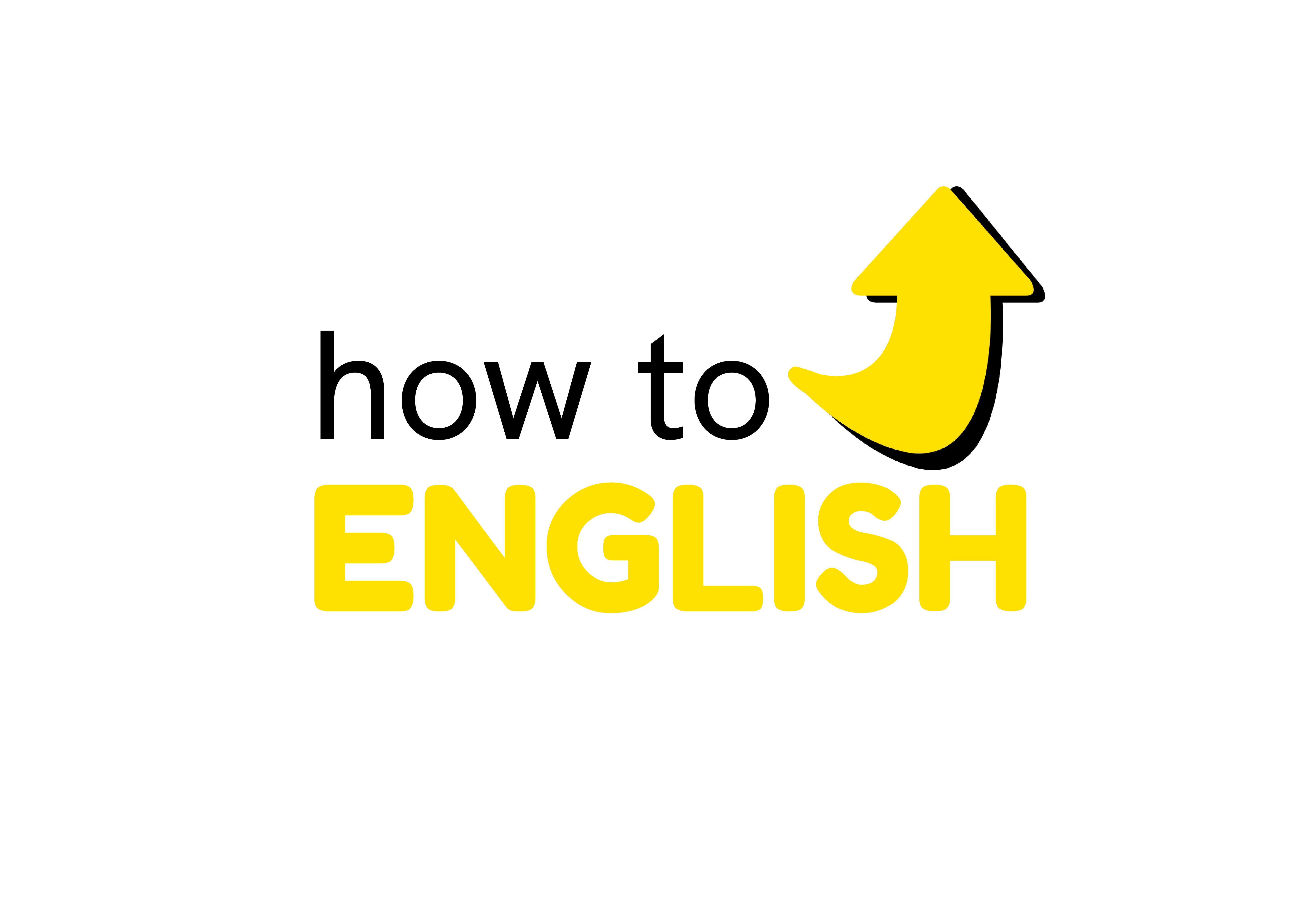Now I don’t want the title of this post to demotivate anyone.
If you’re reading these words, then that means you didn’t jump out of the window in desperation. Well done!
I titled it this way because if you really understand how the brain “learns” a language, this will help you on your journey to mastering English.
The thing is, the word learn has a few meanings. They are all related, but it’s imperative that we understand the subtle differences between each meaning, as well as any specific attribute there may be in the learning process of the skill we want to learn.
The definition of learn that we’re interested in for the purpose of this post is, as the Collins dictionary defines it, “to get knowledge of a subject or skill by study, experience, instruction, etc.”.
So it seems I’m wrong. According to the dictionary definition, you can learn a language!
Well, you can learn certain aspects of a language like grammar, vocabulary, and so on, but not the language itself.
I’ll simplify what I mean with the following: you can’t learn a language, you can only become accustomed to it at various levels.[thrive_leads id=’1049′]
What does this mean?
It means that your level is directly proportional to the amount of contact you have with the language over time, and how much you consciously practise during this time.
It means there isn’t a point at which you can consider that you have learnt the language.
It means that you improve your level the more contact you have with the language.
It also means that your level will deteriorate if you don’t continue to have contact with the language.
Let’s compare it with learning to ride a bike.
We know that the process of learning to ride a bike and learning a language are totally different. When you learn to ride a bike, there’s a clear goal in sight: to pedal and make the bike go forward without touching the ground with your feet, or falling off.
When you can do that, you can ride a bike.
But where’s the end goal in learning a language? Where is the point that you can consider that you have “learnt” it?
There isn’t one. It doesn’t exist.
And people mistakenly approach learning a language in the same way as they would approach learning to ride a bike, or learning to juggle, or learning to twist the top off a bottle.
They think, “If only I could go to an English-speaking country for a while or do an intensive course, I’d learn the language then never have to worry about it again”.
It doesn’t work that way.
A language is something that you’ll always need to practise if you want to keep it.
Here’s an example.
My family and I moved to France when I was twelve. I went to school there for a few years, and returned to England aged sixteen. When I arrived back in England, my French was far better than my English, which was that of a boy of twelve. I thought in French, I dreamt in French, I was more comfortable speaking in French, and even had difficulty speaking in English sometimes.
After only a few years, I’d become a lot less accustomed to English, my mother tongue, and it took several months until I was comfortable speaking in English again.
Likewise, after twenty-one years, I have problems speaking French for the first few days when I go there to visit, because I’m not as accustomed to it as I was before.
It becomes more and more difficult to retrieve the language from the part of the brain that it is stored in.
You simply become less and less accustomed to it.
If you learn to ride a bike then don’t touch one for fifty years, you can pick it up straight away and start riding like it was yesterday.
It’s a different learning process, and a different skill altogether.
Contact with the language + Practise = Improvement
Knowing this gives you a huge helping hand when it comes to mastering a language.
I compare learning a language to juggling. You don’t need to be strong to throw and catch the balls, nor do you need to make a big effort. What is important, however, is to keep the balls moving. If you don’t throw or catch one ball, they all come down.
Just keep the balls moving. That’s all you need to do.
Speaking of juggling, I discovered a few years ago that I could balance an unopened umbrella upright on my foot. I have no idea why I can do this, nor do I have any recollection of learning this “skill”.
I often wonder how I learnt to do it.
Each of us has a random skill, one that we learnt without even realising. My brother-in-law claims that his skill is being able to choose a perfectly ripe avocado every time, without touching it. That has its benefits.
My skill is completely useless, and serves no purpose whatsoever, although I have to say that I do enjoy doing it.
I live near Circo Price, so you never know, I may make a living out of it one day…[thrive_leads id=’1049′]

Great post Adam. I lucky discover your blog in a moment of my live that I am trying to go one more step in my english skills. Many times I think about the learning process and how the brain plasticity make it possible.
Let me share with you a video about neuronal plasticity that gives to you inspiration to explain the learning process. I think about this video when I try to understand what happens in my inside when I try to improve my english or just learn something new.
Thanks
Thanks Santiago! I’ll check it out. It’s a very interesting topic, and something I will no doubt write more about, albeit in layman’s terms